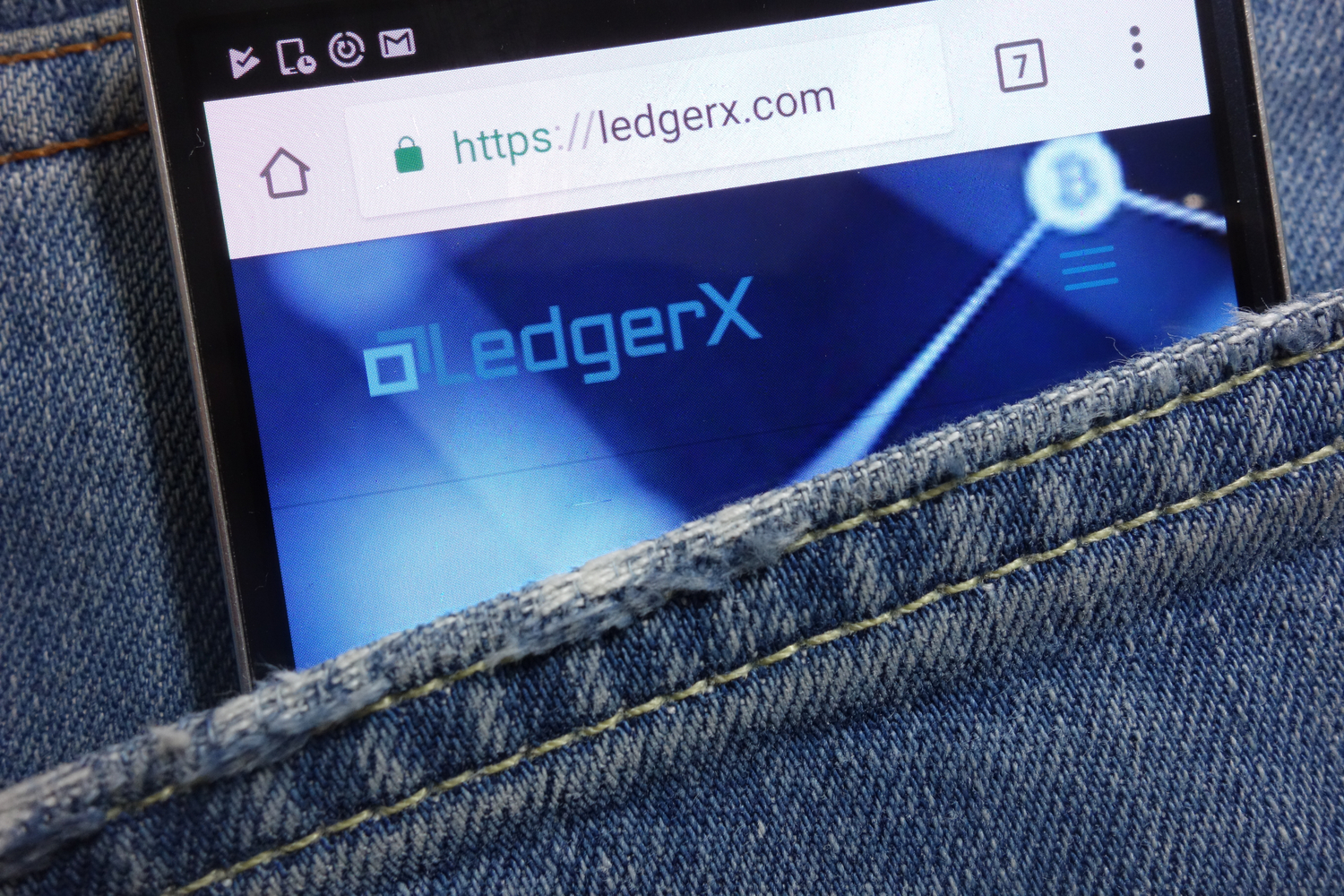U.S. Senator Cynthia Lummis (R-Wy.), a number of crypto lobbying organizations and a group of professors called on a federal court to dismiss a Securities and Exchange Commission (SEC) lawsuit against crypto exchange Coinbase Friday.
Filing amicus – or friend of the court – briefs, the organizations and lawmaker alleged the SEC was trying to exceed its authority in bringing a lawsuit alleging crypto trading platforms like Coinbase are simultaneously unregistered securities exchanges, brokers and clearinghouses trading similarly unregistered securities in the form of crypto assets. The SEC brought lawsuits against Coinbase and fellow exchange Binance (and the latter’s U.S. arm, Binance.US) in June this year.
The amicus briefs, addressed to Judge Katherine Polk Failla, of the U.S. District Court for the Southern District of New York, echo Coinbase’s own arguments in its motion for judgment dismissing the case.
Earlier this month, Coinbase argued in its motion for judgment that the transactions the SEC pointed to didn’t meet the definition of an investment contract and therefore weren’t a violation of securities law.
The amicus briefs come a day after the SEC settled similar charges with Bittrex, another global exchange with a U.S. arm. The U.S. arm is in bankruptcy proceedings.
“This is no run-of-the-mill enforcement case. Through this case the SEC seeks primary influence over economic, political, and legal questions under active consideration by Congress and multiple agencies,” the brief filed on behalf of Lummis said. “Amicus submits this brief to highlight: (i) the important questions implicated here, which are properly before Congress right now; and (ii) the fundamental separation-of-powers principles that weigh strongly in favor of deferring to Congress rather than adopting the SEC’s novel and expansive view of its own authority.”
Almost all of the briefs cited the recent Supreme Court case West Virginia vs. the Environment Protection Agency, which held that regulatory agencies couldn’t broadly exceed their mandate without Congressional approval.
The argument was recently rejected by another federal judge in the same court overseeing a different SEC case against a crypto platform. Judge Jed Rakoff, rejecting a motion to dismiss by Terraform Labs, wrote that the crypto industry isn’t yet of a sufficient significance as to meet those Supreme Court precedents.
It’s also unclear whether Congress will take any speedy action on broad crypto regulation. While the House Financial Services and Agriculture Committees recently advanced legislation that would address market structure and stablecoin issues, the film House has yet to take the bills up. The House seems likely to advance the bills, but the bills’ passage through an evenly divided Senate is uncertain.
Lummis’s brief did note that lawmakers – including herself and Senator Kirsten Gillibrand (D-N.Y.) – have introduced a number of bills in recent years that specifically lay out where the SEC’s jurisdiction lies, and where its sister regulator, the Commodity Futures Trading Commission (CFTC), may take over.
“Each of these bills recognizes that the crypto industry does not fit entirely within existing securities laws and transcends the current statutory powers of the SEC. The multitude of interests at stake require a holistic approach beyond the scope of a single agency, including approaches taken around the world. Congress is attuned to these important considerations,” the brief said.
SEC Chair Gary Gensler, who has overseen the regulator since 2021, told CoinDesk last year that in his view, many crypto tokens already meet the standards for securities regulation.
“It’s about that common enterprise and that entrepreneurial effort which is the hallmark of investment contracts, which are securities. So I think that’s where we are, that most of the tokens meet the traditional standards that our Supreme Court has laid out, and that we, the SEC, have a role to help protect investors and instill and enhance trust in these markets,” he said. “They don’t just resemble securities, they are securities.”









